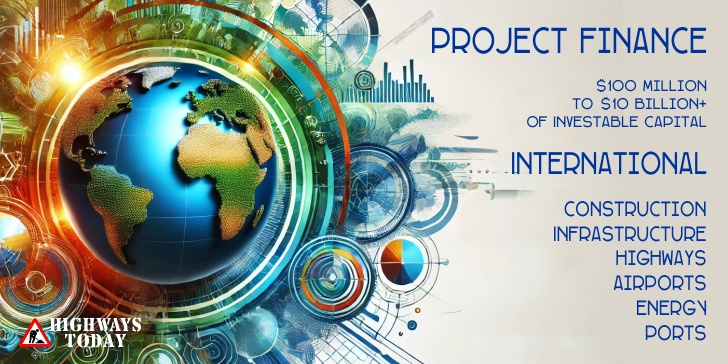Sustainable Financing and Fintech could boost ESG activity
An increasing number of businesses are focusing on how to embed ESG (Environment, Social, and Governance) goals into their strategies.
As the notion of sustainability is gaining more ground in the finance sector as well, Marius Galdikas, CEO at ConnectPay, has shared how fellow fintech’s could incorporate ESG practices into their business and what impact it could have on fuelling further growth.
ESG investing has skyrocketed over recent years, as more and more investors have started to consider the impact of their money. This shift in attitude is already well-reflected in the market — last year companies with better ESG ratings had greater returns in almost every month. The finance sector is no exception, with major players boosting their financing goals to trillions of dollars. In the US alone, six largest banks in the country have pledged to eliminate all financing activities related to greenhouse emissions by 2050.
According to Galdikas, although fintechs may not have massive budgets to finance low-carbon initiatives, it should not be a limiting factor to support ESG goals. In fact, neglecting the subject may result in decreased company value and missed opportunities.
“First of all, ESG issues are becoming more important for stakeholders looking to invest long-term. Neglecting the topic may lead to a poor ESG “risk score,” which is closely monitored by business partners and investors. This could negatively impact the company’s reputation, followed by decreased market value, as well as losing the edge against the “more green” competitors,” Galdikas explained.
He also noted a few strategies for how fintechs could become more immersed in sustainable banking and improve their market resilience.
“One of the ways could be setting up “green pricing” for ESG-driven businesses, as in offering tailored pricing options for your services. It could be set case-by-case, taking into consideration how the company operates and what strategies it uses to achieve their business goals. Making sure that they’re consistent in their actions will allow you to sift out potential fraudsters as well,” Galdikas advised.
“Also, take time to overview your current client portfolio. ConnectPay works with digital-only businesses, thus large scale manufacturers or other industries, contributing to high carbon emissions, are not in our client base. Yet fintechs with a wider scope of customers should re-evaluate if businesses they are working with operate with ESG-values in mind.”
Another way to support the sustainability movement is to reorganize in-house processes with a goal to lessen CO² emissions, for instance, by reducing business trips. “Albeit it may not be as relevant with the ongoing pandemic, which put a halt on international travel, but sooner or later the world will recover, thus it’s important to keep this in mind for future reference.”
While the Environmental aspect usually retains the main focus in the context of sustainability, Social and Governance criteria need to be approached with the same determination. In Fintech, this could be addressed by tackling the gender gap. At the moment, women make up less than 30% of the industry’s workforce. At ConnectPay, however, the team is split almost equally in half, having 48% women and 52% men.
“Diversity in the team inspires new ideas, improves decision-making and leads to higher overall performance, all the while contributing to better integration of ESG goals,” the expert concluded.





















